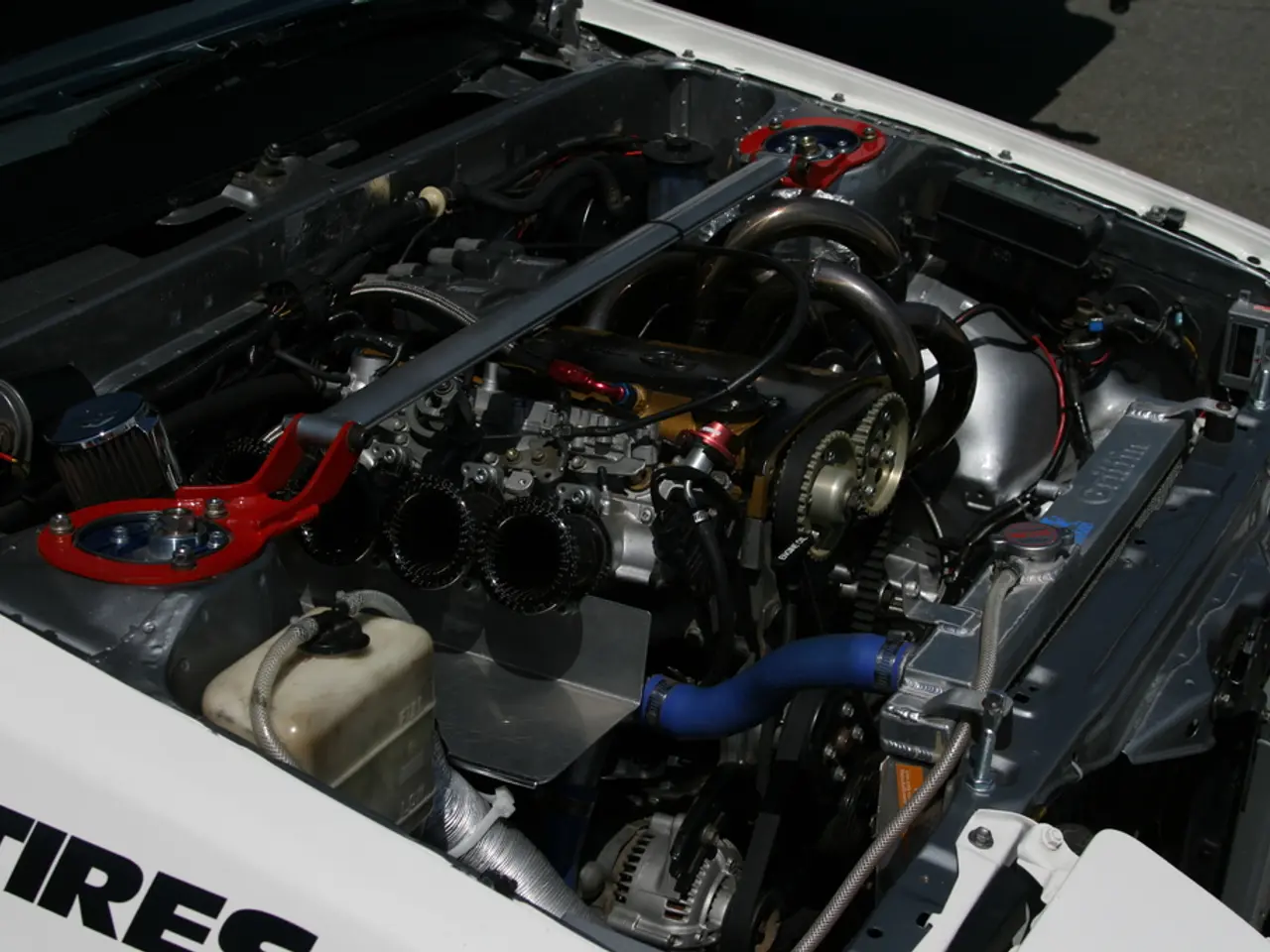E-mobility continues its progress after a decade since the scandal, staying on course
The European Union has set a bold target for the future of its automotive industry, with the ban on combustion engines set to take effect from 2035. This move prohibits the registration of new cars with gasoline or diesel engines, aiming to reduce CO2 emissions in the transport sector.
This decision comes in the wake of a significant transformation in the European automotive industry, sparked by the Volkswagen emissions scandal in 2015. The International Council on Clean Transportation (ICCT) highlighted that the electrification in the EU is not only on track but gaining momentum since the scandal.
The EU has emerged as a net exporter of full-electric vehicles and the second-largest producer of electric vehicles worldwide. In the first half of 2025, full-electric models reached an average record market share of 17 percent in Europe.
The ICCT has praised the progress made by the European automotive industry towards increased electromobility. The organisation announced that manufacturers are close to reaching the next EU target for CO2 emissions in 2027.
However, challenges remain. The EU Commission is currently consulting with the European automotive industry on the challenges facing the sector, particularly in relation to the planned ban on new cars with internal combustion engines from 2035. There is increasing pressure, especially from the Union and economic representatives, to revise the combustion engine ban in Germany.
The ICCT head, Peter Mock, has urged manufacturers to focus on global competitiveness instead of the next EU targets. He emphasised that every delay in focusing on global competitiveness undermines the trust of investors and consumers.
The ICCT, along with US environmental authorities, played a crucial role in exposing the Volkswagen diesel scandal in 2015. Since then, Mock has been a vocal critic of the trustworthiness of the European automotive sector, urging manufacturers to prioritise global competitiveness.
Other markets, especially China, continue to gain importance, according to the ICCT head. The European automotive industry must navigate these global challenges to maintain its position as a leader in the transition towards a more sustainable future.
Read also:
- The Commission deems the assistance program to be in agreement with the domestic market regulations.
- Innovative Garments and Accessories Producing Energy: Exploring Unconventional Sources for Renewable Power
- Electric Trucks Top Total Cost of Ownership Efficiency, According to ICCT Study
- Technip Energies Secures Feed Contract for the Large-Scale, Low-Carbon Hydrogen Project at ExxonMobil's Baytown, Texas Complex








